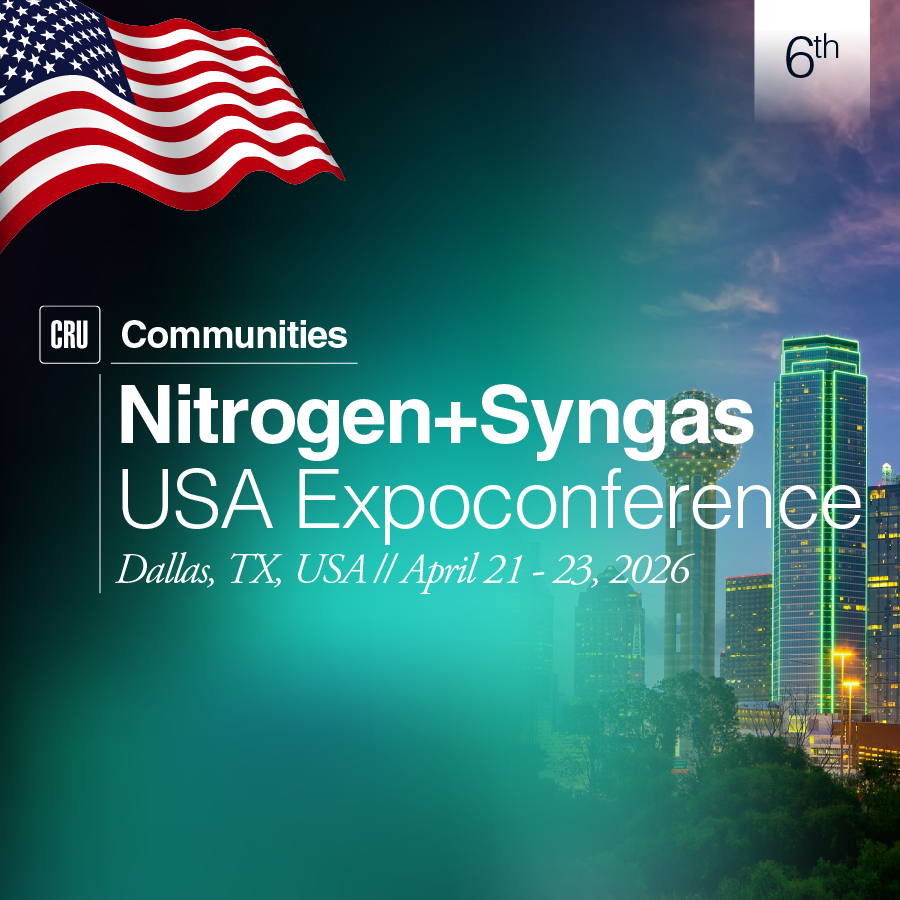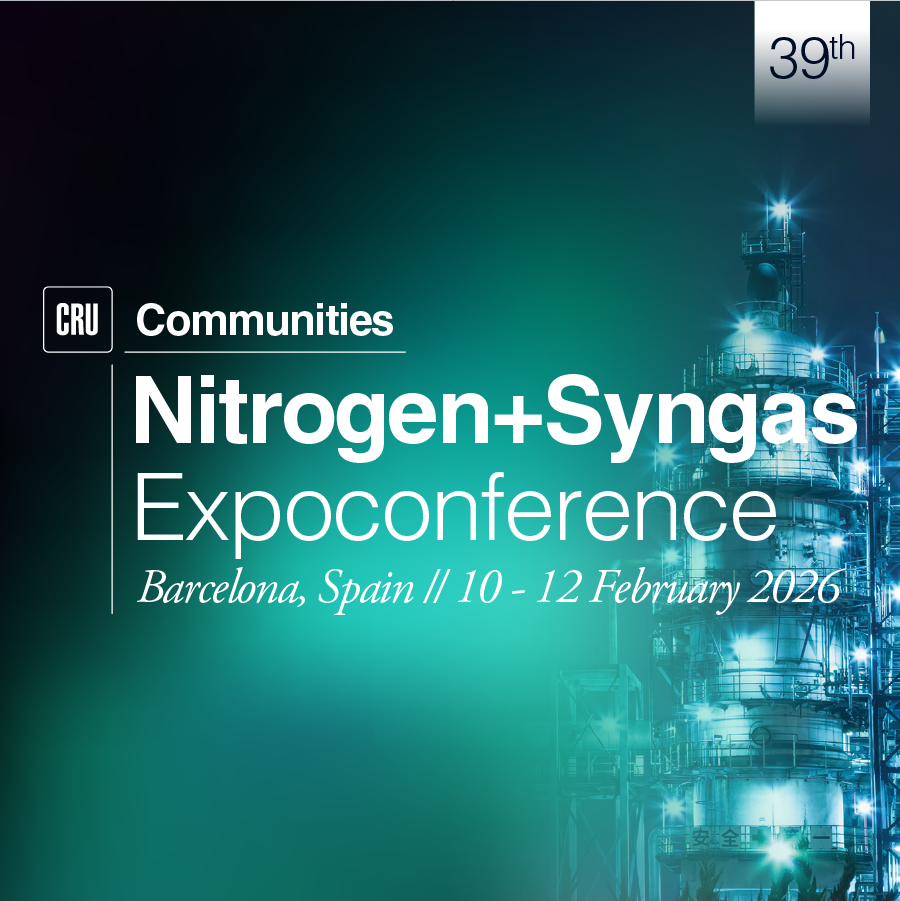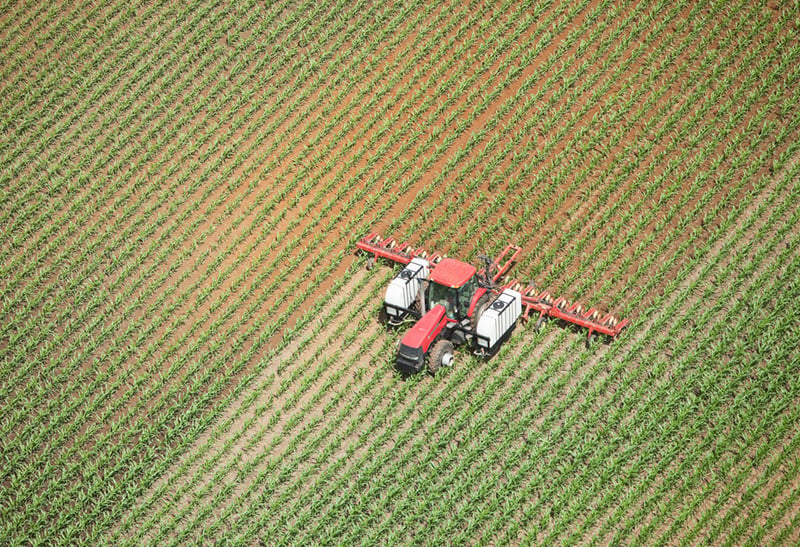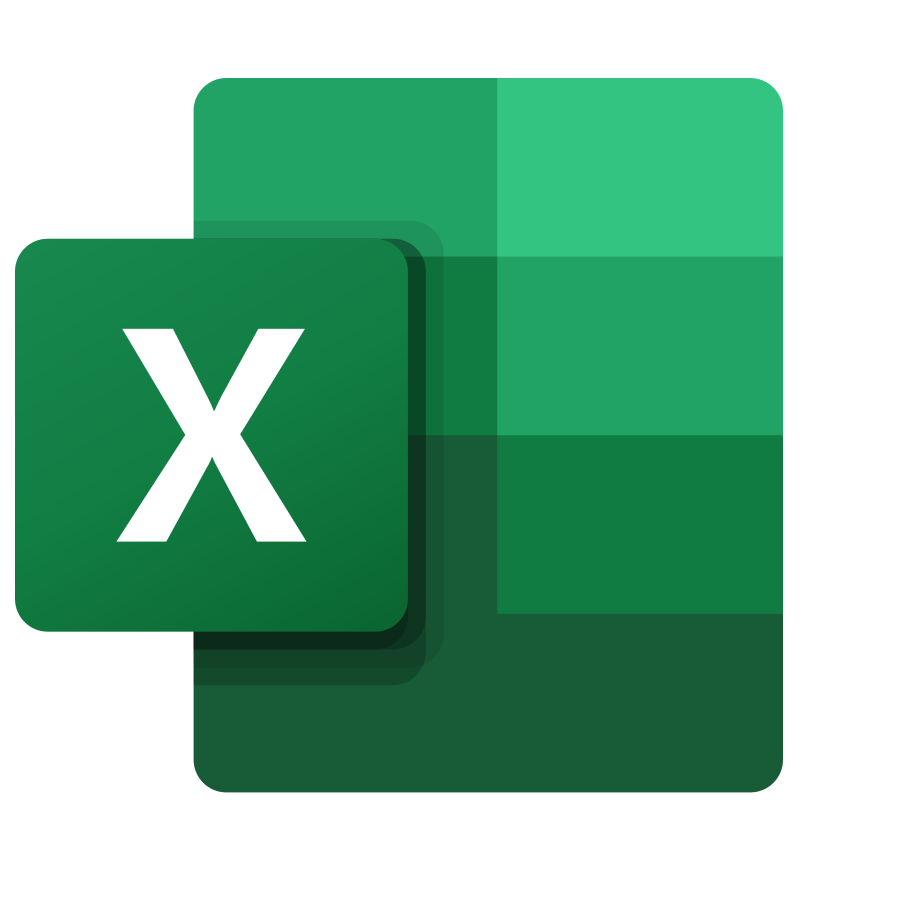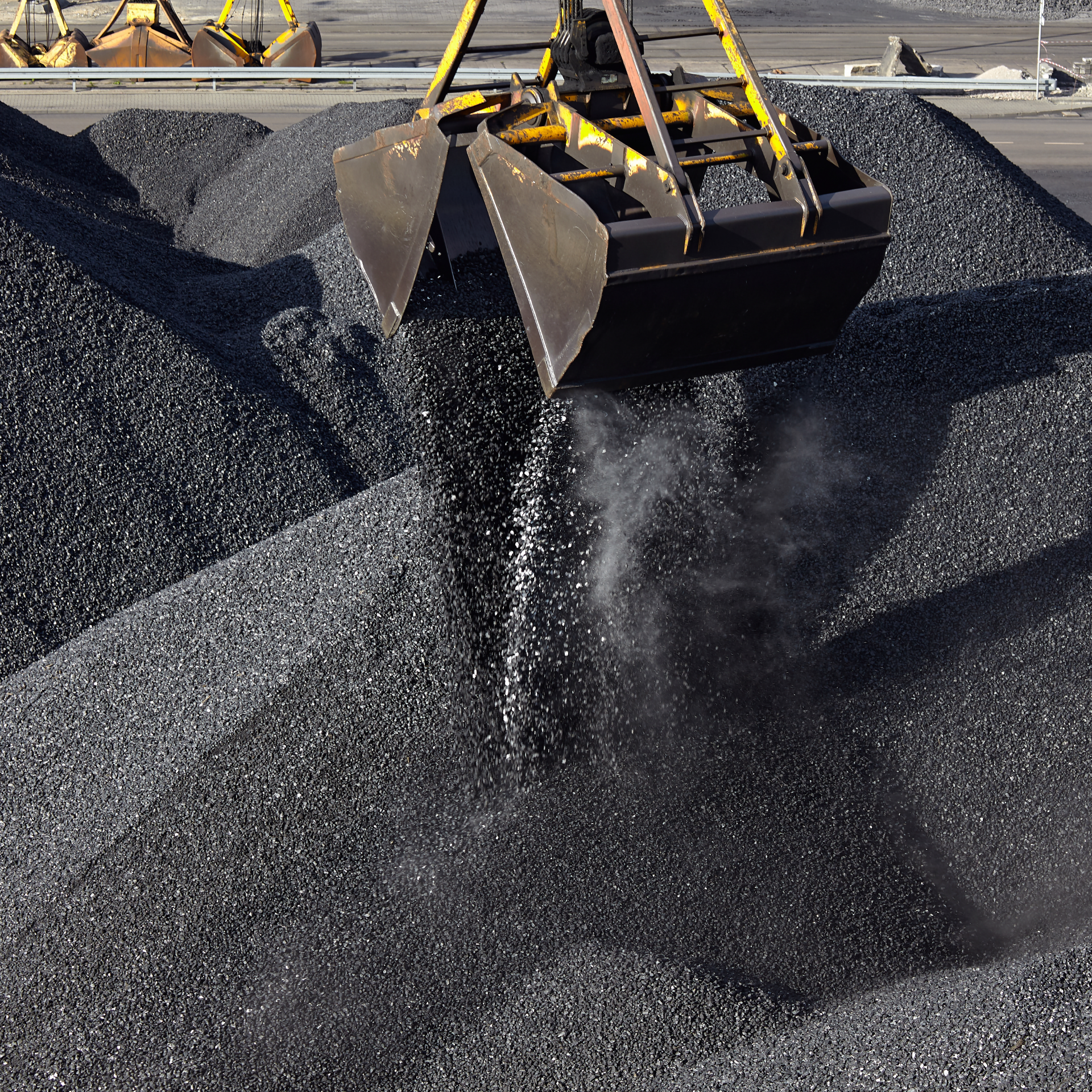The rapid and severe intensification of the Israel-Gaza conflict on 7 October saw some of the worst fighting in the region in more than half a century. With the epicentre of the hostilities in southern Israel, this poses potential risks to nearby major phosphate and potash production facilities operated by ICL and Haifa Chemicals, in addition to the respective raw material sourcing and export logistics. Should any disruption occur to the country’s fertilizer supply, the greatest effects would be felt across the potash industry with Israel accounting for around 8% of global exports.
Israel a major phosphate and potash supplier in both bulk and specialty markets
Despite the country’s small size, Israel contains substantial potash and phosphate rock resources, mostly in its arid Southern District, which houses the Negev desert. Domestic producers ICL Group and Haifa Chemicals produce and export a wide array of raw materials and finished fertilizers. This ranges from bulk products such as TSP and MOP to niche specialty fertilizers such as NOP and MKP. The country is also a significant producer of non-fertilizer products such as magnesium metal and bromine.
Moreover, Israeli production of such products sometimes represents a substantial share of global supply. Consequently, disruption to production and/or export logistics in the country due to a prolonged or uncontained conflict has potentially wide-reaching consequences; not just in terms of the range of fertilizer products it could affect, but also as the impacts on some markets may be felt globally. It is important to state, at the time of writing, CRU has not received any reports of disruption to Israel’s fertilizer production or export capabilities. ICL confirmed 9 October production at its facilities was unchanged and operations at the ports of Ashdod and Eilat were normal.
Israel the largest MOP exporter after Canada, Russia and Belarus
The bulk fertilizer market facing the greatest potential for disruption is that of potassium chloride (MOP). ICL Group operates the 4.4 Mt/y nameplate capacity Dead Sea Works facility, the third largest individual potassium chloride refinery in the world. Virtually all MOP produced at the site is exported, with most major end-markets served by the company.
Although ICL also produces MOP in Spain, its Dead Sea Works remains the focus of its potash output. Israel alone accounts for around 6% of all global potash production. The country is also the fourth largest MOP exporter globally, after Canada, Russia and Belarus, supplying around 8% of all global exports in 2022.
Indeed, during last year when consumers faced major difficulties securing Russian or Belarusian product, ICL was the natural next option for many. MOP export supply from the CIS has improved significantly in 2023, with stagnant global potash prices reflective of the ample availability. Still, significant disruption to Israeli output of MOP could once again sow concern among consumers.
The location of the Dead Sea Works around 100km east of Gaza means it is well outside the current epicentre of the fighting. However, one of ICL’s key export points at the Mediterranean port of Ashdod sits considerably closer to the conflict area. Over the past decade, ICL has increasingly relied on Ashdod port as its MOP sales have pivoted towards American markets and away from those in Asia, with the port handling around half of all Israeli MOP exports since 2017, according to CRU estimates.
In the most recent escalation of violence, local and international media have reported the city of Ashdod suffered rocket attacks. It is not yet clear what impact, if any, this has had on port operations. Even without damage, vessel operators may elect to avoid the port for the time being, meaning ICL could be required to redirect product via alternative outlets such as the Red Sea port of Eilat. How much of an export bottleneck this may cause is similarly unclear although Eilat alone has previously handled as much as 2.5 Mt/y MOP and ICL could feasibly use other Mediterranean ports such as Haifa.
The country is also engaged in the specialty potash market, with Haifa Chemicals a significant producer and exporter of potassium nitrate (NOP) at its Mishor Rotem site. In 2022, CRU estimates it accounted for 17% of global NOP exports. Furthermore, Haifa Chemicals has plans to expand its NOP production with the construction of a new ammonia tank after its old one was forced to close in Haifa Bay. It is too early to establish if the latest escalation of fighting in the region has any bearing on these plans.
Phosphate production also faces impacts, but reach more localised than potash market
ICL Group and Haifa Chemicals are both engaged in the production of phosphoric acid and a range of finished phosphate fertilizers. ICL also operates Israel’s two remaining phosphate rock mines in the Negev Desert. While still a sizeable producer of phosphate rock, with output last year around 2.2 Mt product, ICL has largely pulled out of the traded rock market since 2021 and the closure of its Nahal Zin mine.
Nevertheless, the country remains an important phosphoric acid exporter, largely to European and American end-users. ICL is a significant TSP supplier to international markets accounting for nearly 20% of global trade last year. Both Haifa Chemicals and ICL also produce more specialised phosphate fertilizers including complex NPs, PKs and NPKs in addition to niche water soluble fertilizers like MKP. Additionally, Israel relies on sulphur imports (many arriving via Ashdod) for its phosphate production so logistical disruption alone could also impact production in the phosphate sector, whereas this is less true in MOP.
Still, production and export volumes across the phosphate sector in Israel are considerably smaller than those of MOP and the impacts on global phosphate supply would be less in the event of any disruption.
All eyes on Israel as continued conflict raises risks of potash and phosphate supply disruption
At this early stage of the intensified conflict between Israel and Gaza, there are huge uncertainties around the duration and potential spread of the fighting over the coming weeks and months. With hostilities currently largely centred on Israel’s border with Gaza, most of the country’s fertilizer production facilities are located far from any fighting or rocket attacks and disruption due to damage seems unlikely at present.
Logistics at the country’s Mediterranean port of Ashdod find themselves at much greater risk of initial problems, potentially affecting both raw material imports and finished fertilizer exports to European and American markets.
Moreover, the scale of Israel’s MOP exports singles out the potash market as the one which will see the most significant impacts globally should any major problems occur.
Second order impacts must also be considered. Oil and gas prices firmed on news of the conflict – a sustained rise in gas prices will further raise the nitrogen cost floor and again pressure European capacity.
Israel halted production at the Tamar natural-gas field off its southern coast, Reuters reported 9 October citing the energy ministry.
Chevron, operator of the production platform confirmed it had been instructed by the ministry to shut down the field. Gas from Tamar is shipped via pipeline to Israel, Jordan and Egypt.
The full impact on Egyptian urea producers was unclear at the time of writing.
HFC, Alexfert and Abu Qir said there was no impact on their gas supply, and updates from other producers were being sought at the time of writing.
The stoppage means Egypt’s imports of Israeli gas have declined by about 20% to around 650 million cubic feet per day, Bloomberg reported.
The platform, which is said to be visible from the northern Gaza Strip on a clear day, is within range of rocket fire from the Gaza Strip.
Israel's largest offshore gas field, Leviathan, continues to operate normally, Chevron said.
Should Leviathan keep operating at normal rates and output is ramped up at the Karish field, Israeli gas should continue to flow to Egypt, Bloomberg said, citing Energy Aspects Ltd.
Industry eyes will undoubtedly be watching events in Israel closely as yet another conflict possesses the potential to further disrupt potash and the wider global fertilizer supply.




